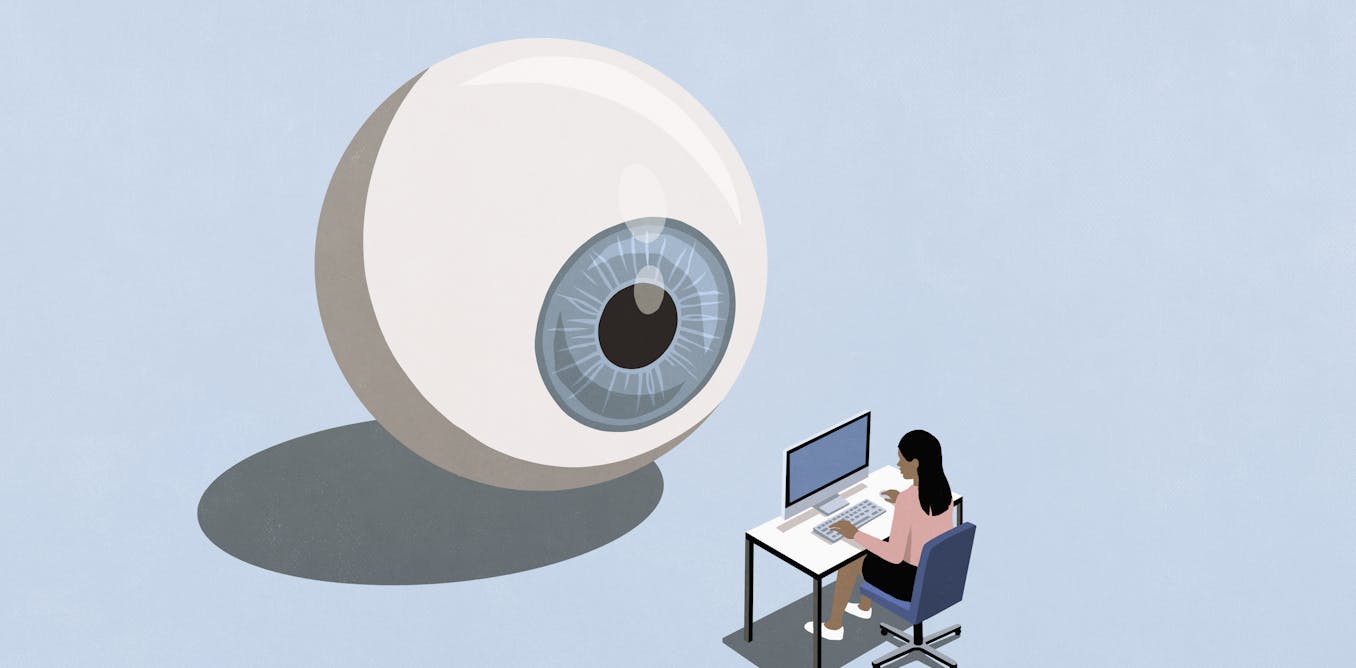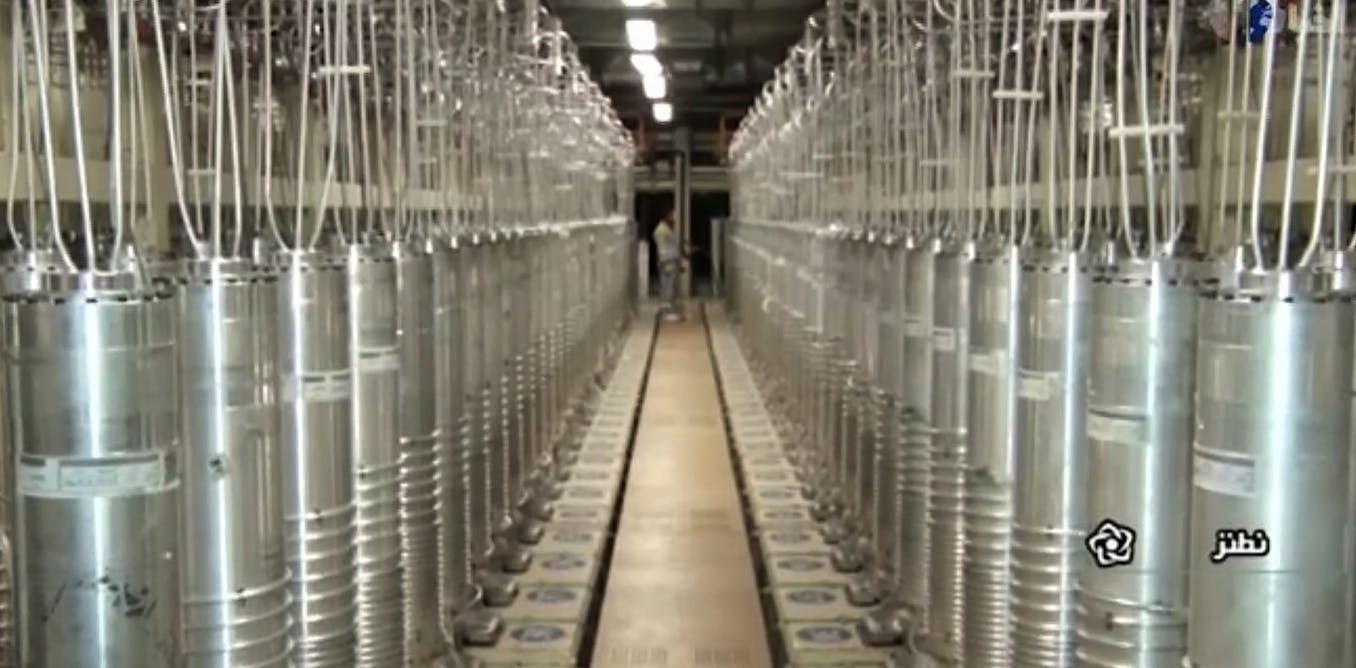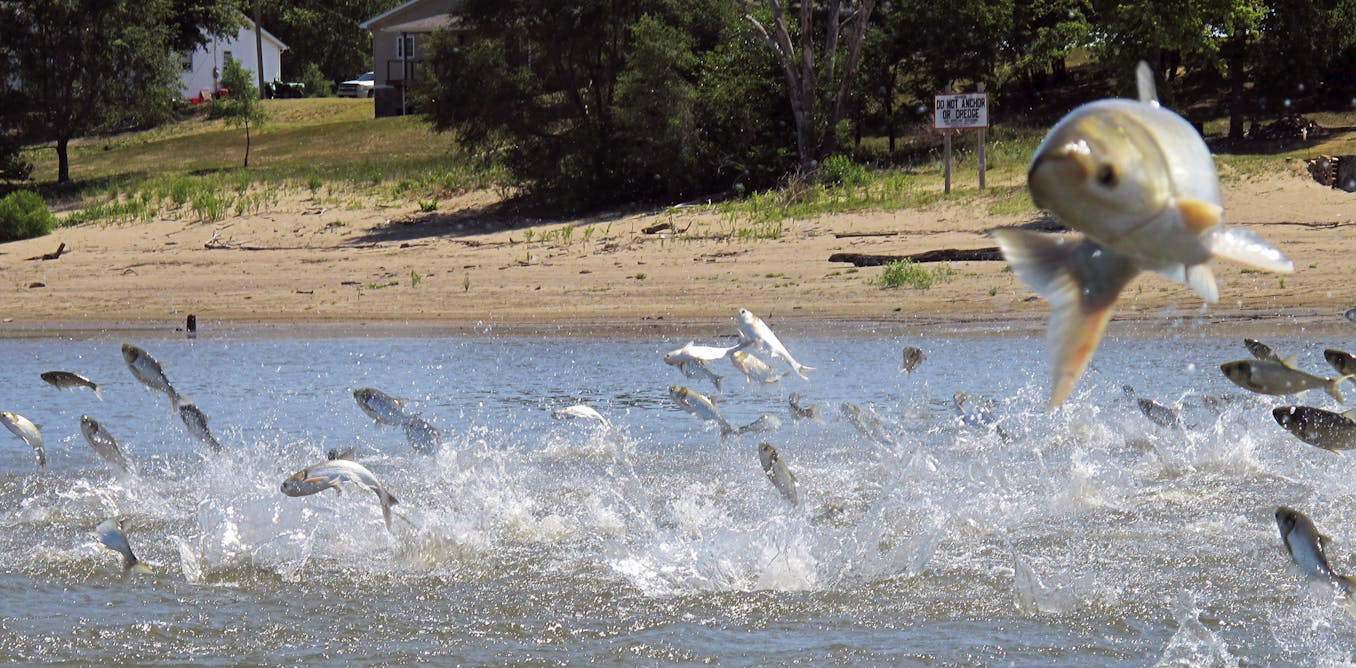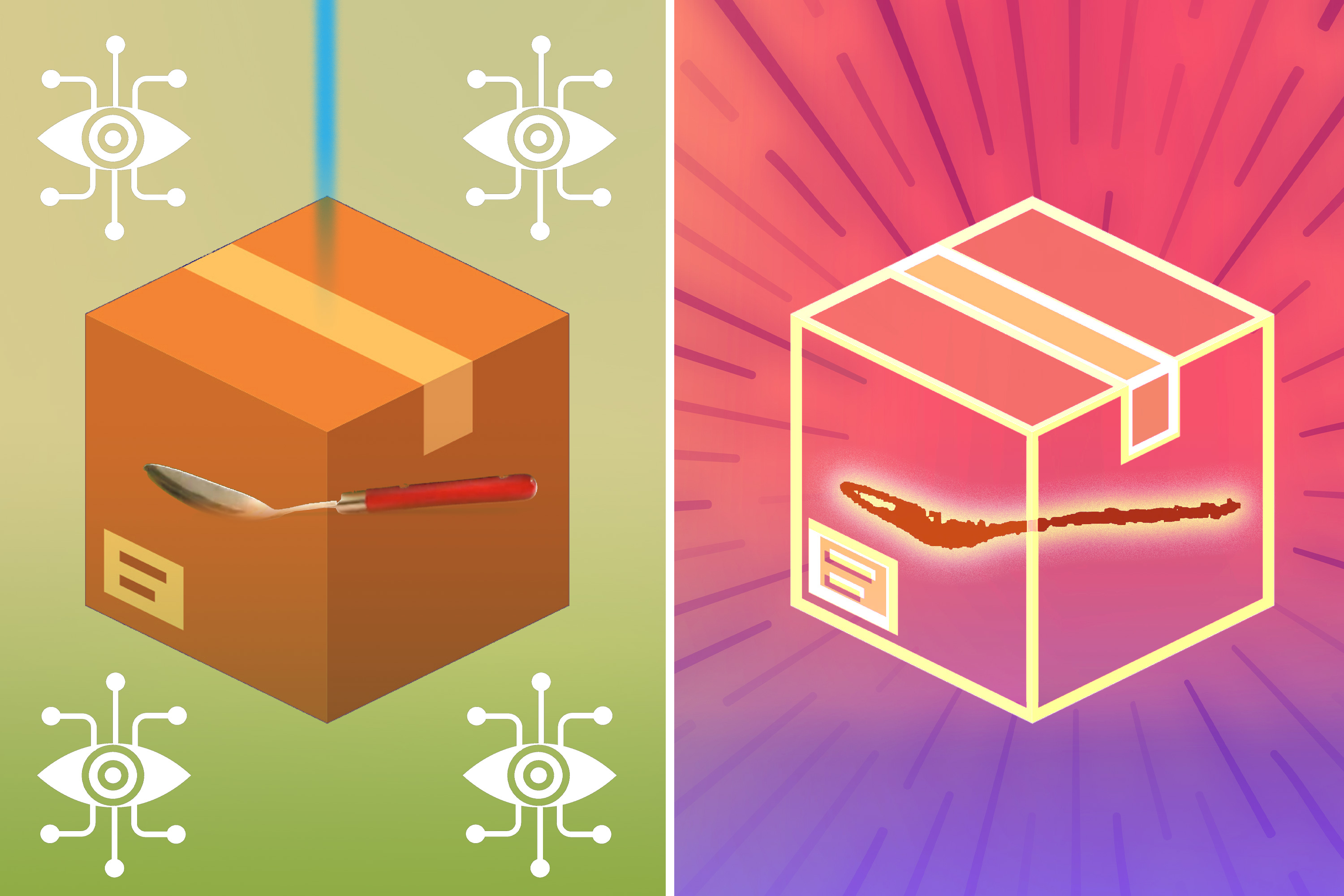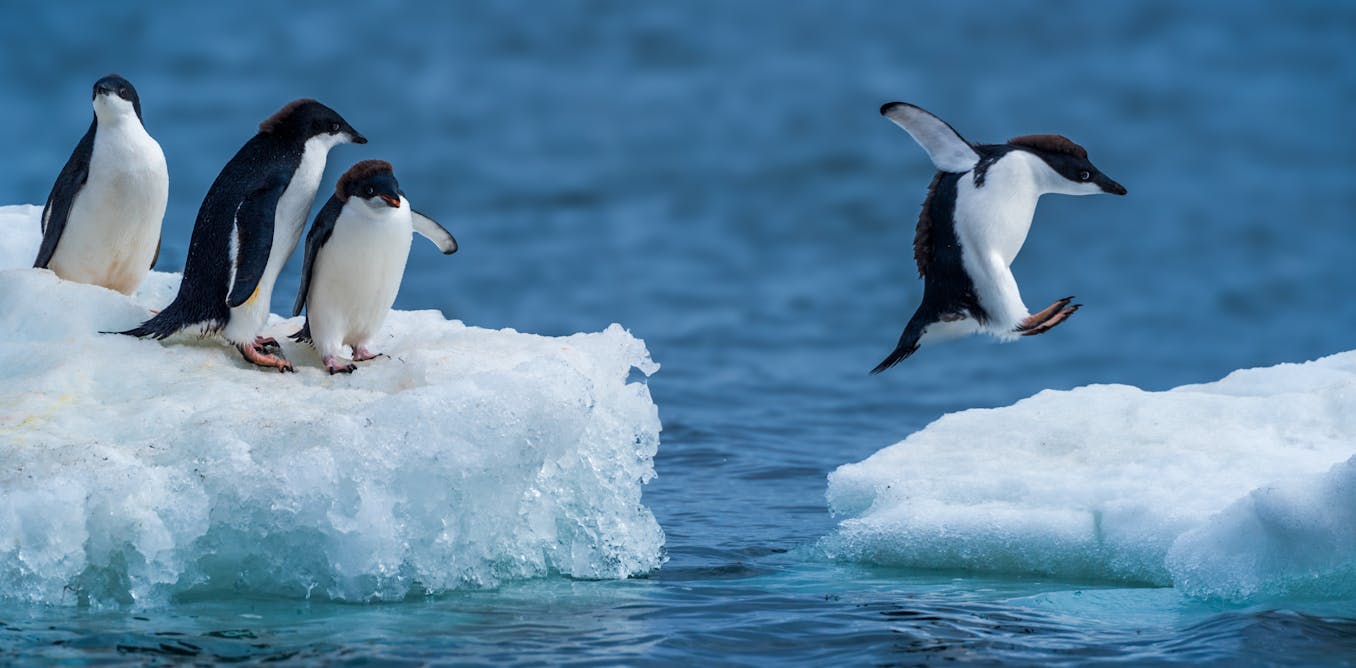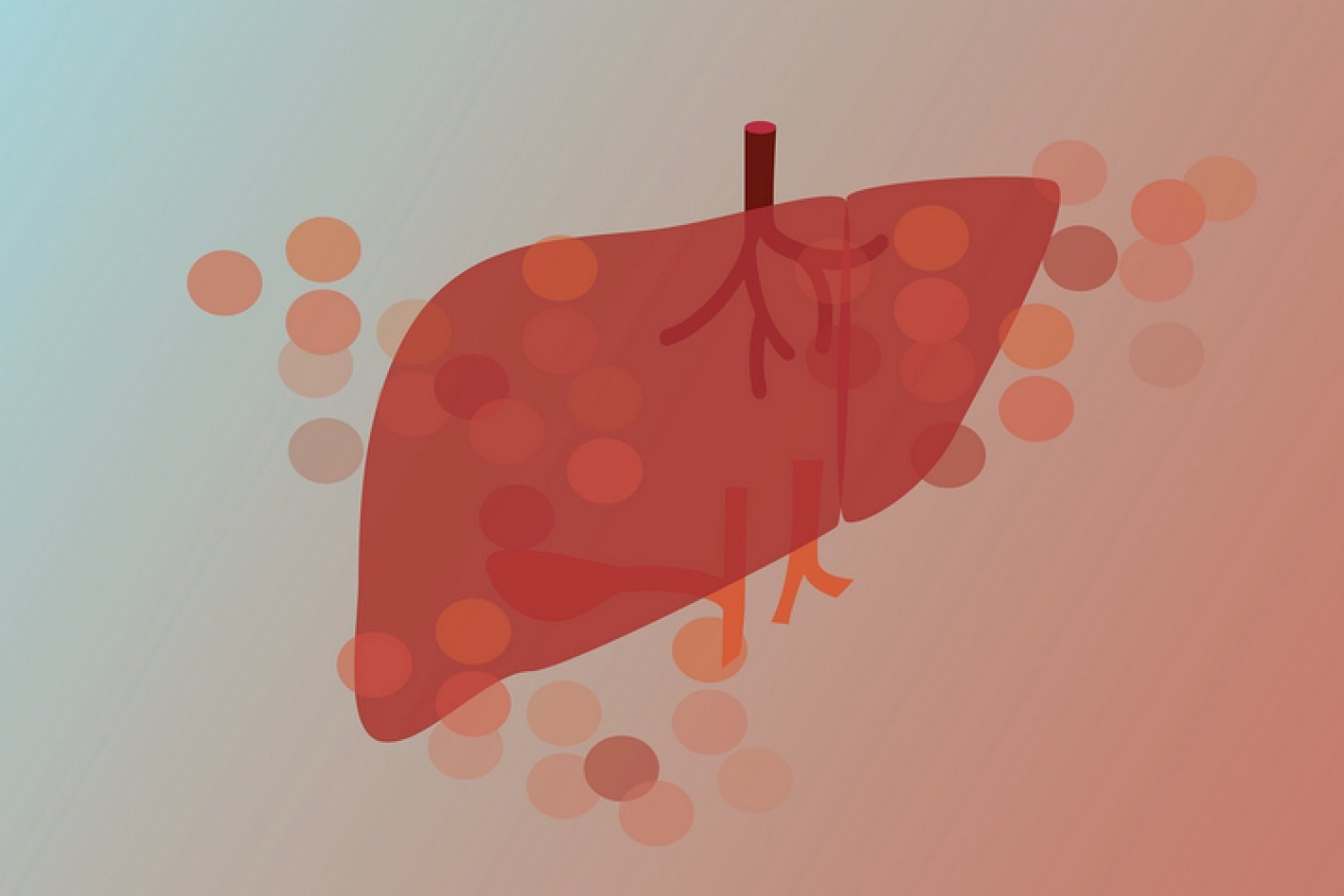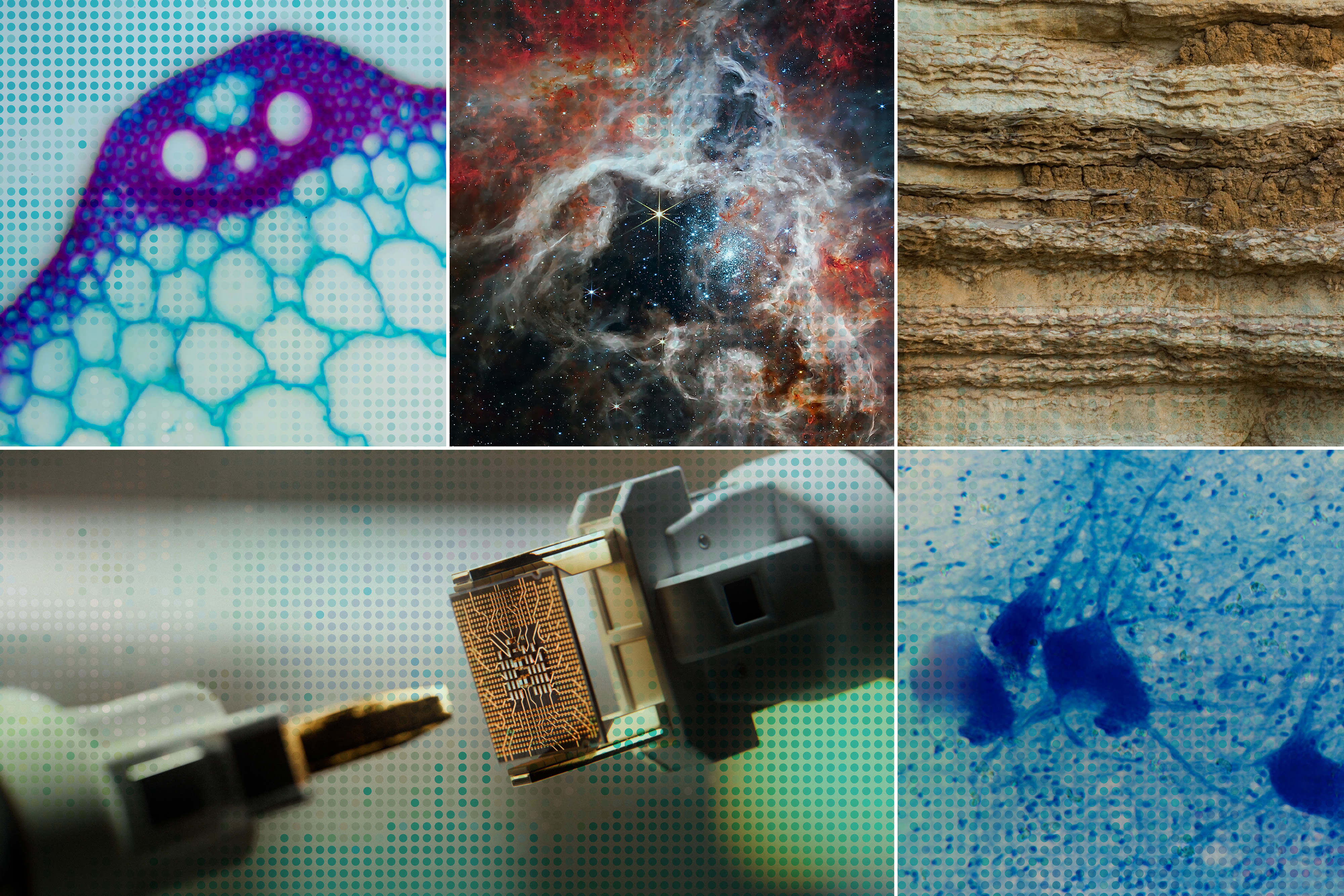The hidden cost of convenience: How your data pulls in hundreds of billions of dollars for app and social media companies
Many of the apps and social media platforms you use every day may not charge you money, but often there is a price to pay – your privacy.
July 1, 2025 • ~13 min

